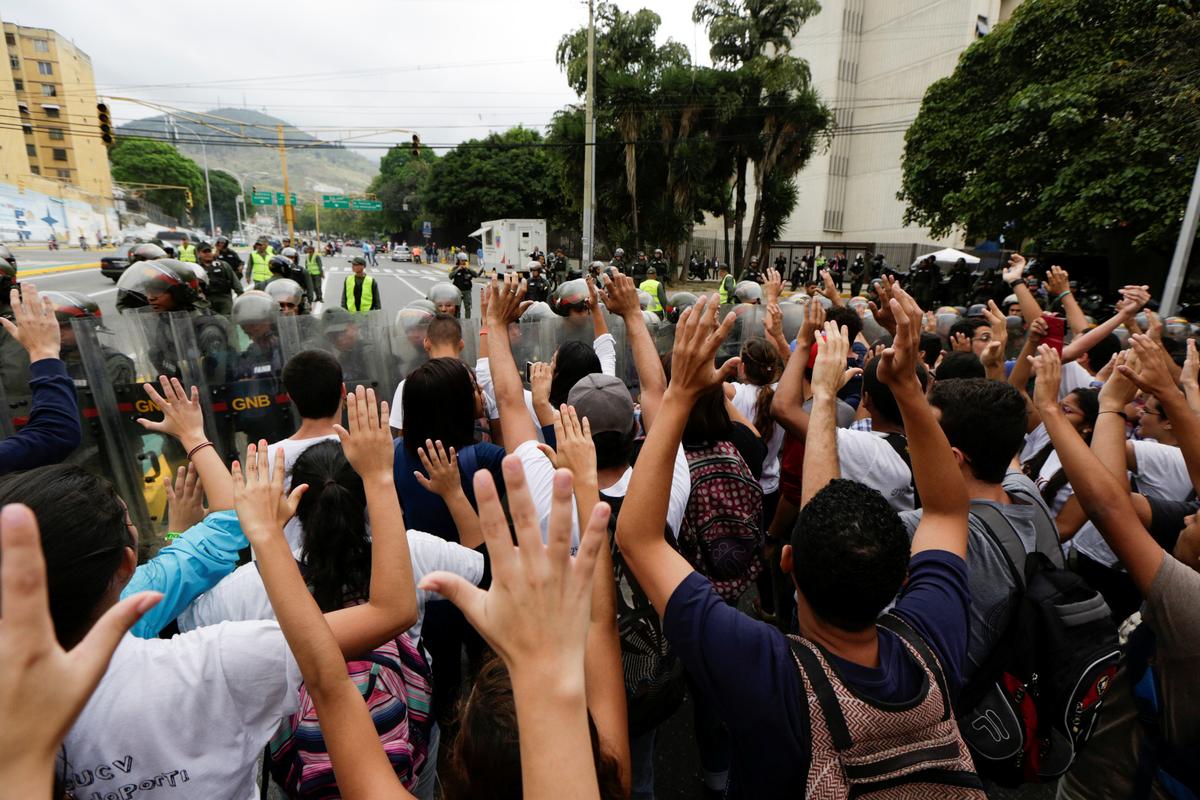CARACAS—Venezuela’s powerful attorney general on Friday broke ranks with President Nicolas Maduro’s government after the judiciary annulled congress, a rare show of internal dissent as protests and international condemnation grew.
Luisa Ortega, appointed attorney general in 2007 and a staunch ally of the Socialists who have ruled for the last 18 years, rebuked the Supreme Court’s controversial move to take over the opposition-led National Assembly’s functions.
“It constitutes a rupture of the constitutional order,” the 59-year-old said in a speech. “It’s my obligation to express my great concern to the country.”
While various prominent political figures have leveled criticism after leaving the government, it is extremely rare for a senior Venezuelan official to criticize like this.
One person who has known Ortega for years said it was not the first time she had expressed dissent within government, though never so publicly.






